The Breakfast Club just turned 30. The John Hughes film is a Gen X touchstone, capturing the issues of our 80s teenage angst to perfection. As you likely know already, it’s the story of five kids sitting out Saturday detention at their Midwestern high school. Their common enemy is the school principal who gives them an assignment: write an essay on “who you think you are.”
That’s a question much of Gen X (the generation born between 1965 and 1979) is still trying to answer, which may explain why they are so hard to pin down in the workplace.
Squeezed between the big Baby Boomer and Millennial generations, they’re the kids who grew up on the Clash and Madonna, but who now juggle work, kids, and aging parents. In fact, Time Magazine reported that, “in 2012, 42% of Generation X had a financially dependent child along with a parent over 65.” It’s a lot to handle.
How did this happen? As the NY Times put it in their article For Gen Xers, a Wake-up Call, “With memories still fresh of crowd-surfing at Soundgarden shows, [Gen X] wondered, are we really ready for this?” They quote Death Cab for Cutie Manager, Jordan Kurland, saying, “This is the generation that has fought the hardest to maintain a state of arrested development,” Mr. Kurland said. “How did we get to this place where we are allegedly responsible adults?”
In the workplace more responsibilities await. As Baby Boomers retire, Gen X is inheriting senior leadership roles. Turns out they’re pretty good at it. Business Insider’s Vivian Giang reports on an EY study, saying, “Most of the respondents in the study (70%) believed that Gen X are the most effective managers compared to managers from the Boomer or Gen Y generation. Members of Gen X scored the highest when it comes to being a ‘revenue generator.’” They also bring adaptability, problem-solving, and collaboration to the office.
But there’s trouble beneath the surface. According to Gallup research, only 28% of Gen X workers are engaged. In fact, nearly half of Gen X employees reported that they would look for a new job in the next 12 months, if the economy improved. That means that a lot of emerging senior leaders have a negative view of their workplace. Leaders who are disgruntled typically transmit their dissatisfaction to the organization as a whole. In that environment, neither the leaders nor their colleagues thrive.
Mary Donohue of the Huffington Post writes, “When Gen Xers aren’t thriving they aren’t great culture keepers. They leave, many become entrepreneurs. . . This means your organization will, in short order, lose not only your boomer-aged culture capital that is retiring but your Gen X cultural capital.” The risk to an organization is considerable, as the knowledge base retires or walks out the door.
Many companies today are striving to understand, engage, and retain Millennial or Gen Y employees. It is equally important, however, to consider their slightly older managers. What can be done to inspire, support, and retain Gen X?
A recent study by IBM Global Business Services showed that the three most important drivers for Gen X engagement at work were a collaborative work environment, freedom to innovate, and work/life balance and flexibility.
Giang’s report on EY research shows that “Gen X respondents ranked workplace flexibility as the most important perk and are more likely to walk away from their current job if flexibility isn’t available.” They need the time and the opportunity to take care of the children and parents they have at home, without the guilt or risking their jobs.
Gen Xers play many roles: A dutiful child, a parent, an employee, a boss, maybe even a punk rocker in a minivan on the ride home. An organization that wants to engage this relatively small, but important group must understand these sometimes conflicting demands and adapt to them. Family leave to care for sick parents or children is a good place to start. So is a flexible schedule that accommodates school pick-up times. Encouraging and rewarding teamwork and creativity in the workplace can appeal to the core values of the Gen X worker, addressing engagement while improving process and quality in the workplace. There’s no simple answer, however, as every employee is an individual with a unique and evolving mix of needs and aspirations. People are complicated and Gen X is at a challenging time of life.
The kids in the Breakfast Club answered the principal’s assignment by writing:
You see us as you want to see us… In the simplest terms and the most convenient definitions. But what we found out is that each one of us is a brain… …and an athlete… …and a basket case… …a princess… …and a criminal.
Does that answer your question? Sincerely yours, the Breakfast Club



